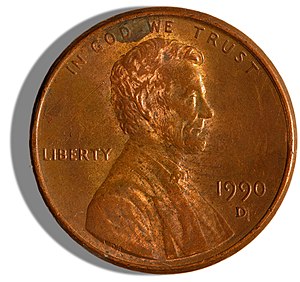Because they did not assess their risk properly (caveat emptor), or the risk factors were misrepresented (fraud / con / scam)
| Freakonomics (Photo credit: Wikipedia) |
But what if the risk assessment problem is a CULTURAL problem? Does your CULTURE, your PROFESSION, and other personal background factors affect your risk assessment?
Or put in another way... When a doctor, a lawyer, and other highly paid professionals fall for a scam, do you wonder how someone so smart (if they weren't they couldn't have gotten so high) could have fallen for such a scam?
If so, you have a cultural belief that smart people can't / shouldn't fall for scams.
And that is wrong. Because those people believe it too. And they are victims of scams. They blinded themselves to the possibility that they may be gullible in areas that are NOT in their expertise.
It's such an interesting topic, Freaknomics covered it.




